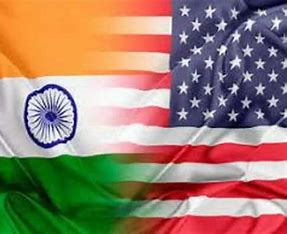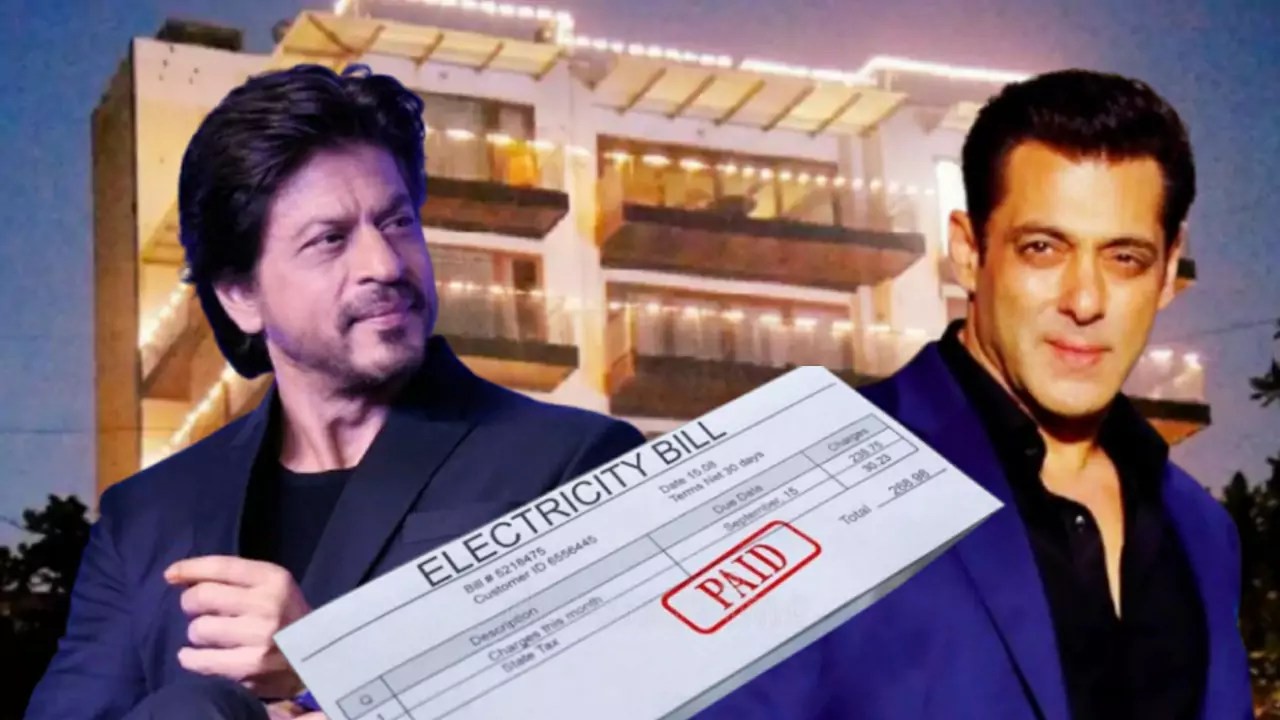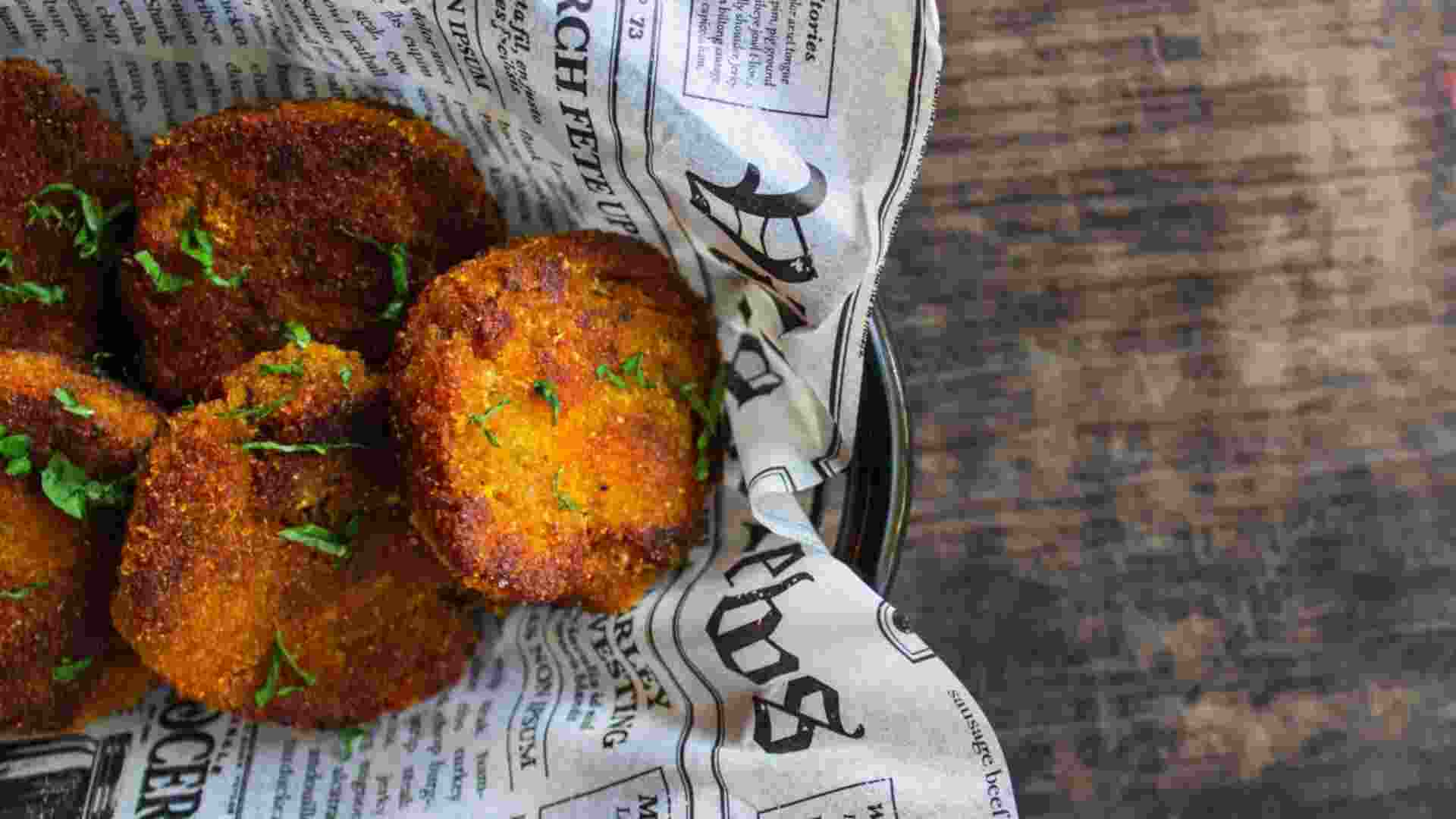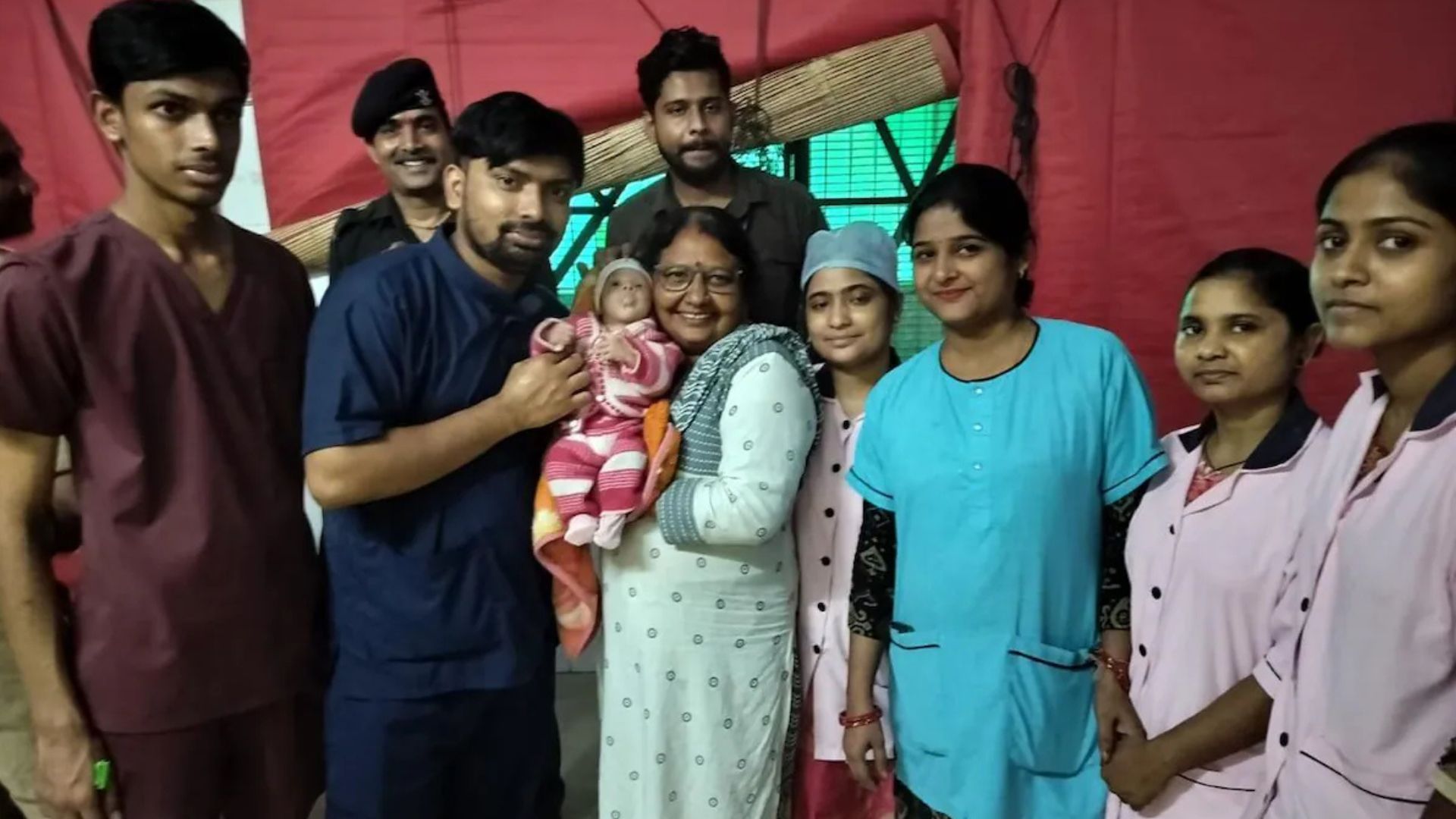
When I was seven years old, an aunt handed over a crisp ten rupee note (a princely sum in those days) to me before leaving our home- probably to reward my non-mischievous conduct. I was aware that the cash was synonymous with ‘aish’- I could buy lots of yummy candies from the corner shop. But as soon as I showed the banknote to my parents, I was labeled as a small-time crook. ‘You have been greedy. Shouldn’t have accepted the money so easily from her,’ I was told by my dad. ‘Baap re baap!’ I said to myself. In retrospect, I feel that my parents were just trying to make me a ‘sanskari’ child. They had implied that I should have accepted the money but only after making her chase me in the way I got my mother to pursue me when she tried to hand over a glass of milk to me.
A guest may seem to be having ‘tu tu main main’ with the host at a marriage celebration. But it is likely to be a nautanki over the fancy envelope containing the shagun amount. It is customary not to accept it without saying, ‘There was no need for this.’ I am sure many of those who are reading this column have enacted a similar scene. If the host offers physical resistance, one has to use force to hand over the shagun envelope or to put it into a pocket or purse. Two or more people acting as a team could easily overpower the resister.
So, in this scenario, no doesn’t mean no- It means yes. During the pre-internet era, romantic scenes in movies brainwashed men into believing in the dictum that if a lady said no to a proposal, it could be a yes in actuality.
I know of an instance when an impish guest reacted to the theatrics of the host by saying, ‘Okay, if you don’t want the shagun, I would keep it with myself!’ Some ‘kaminey’ guests go the extent of giving empty envelopes.
Later on, while counting the cash, a mental or physical note is made by the hosts about the amount received from each guest because everyone has to be paid back in a similar fashion at their event. The shagun amount depends upon proximity, paying capacity and generosity. Some guests are overly calculative- the amount is proportional to the number of guests from the family who attend the event. If the giver is trying to curry favour or expressing gratitude to the host for a favour, the amount or rather the bribe, can be substantial.
Proper etiquette is also desirable while accepting gifts. Jhootha mootha refusal is one option. But more often, the receivers say, ‘Thank you so much. But there was no need for such an expensive gift (as if a cheaper gift would have satisfied them).’ Any Indian who denies recycling of Diwali gifts will surely fail the lie detector test. But what would one do with three rice cookers received as gifts. So, everyone should develop expertise in gift wrapping at home because shops may be closed at odd hours. To deter recycling, some smart senders get their names engraved or printed on the gift.
Gifts are the original ‘influencers’! They have changed the course of history quite often!















